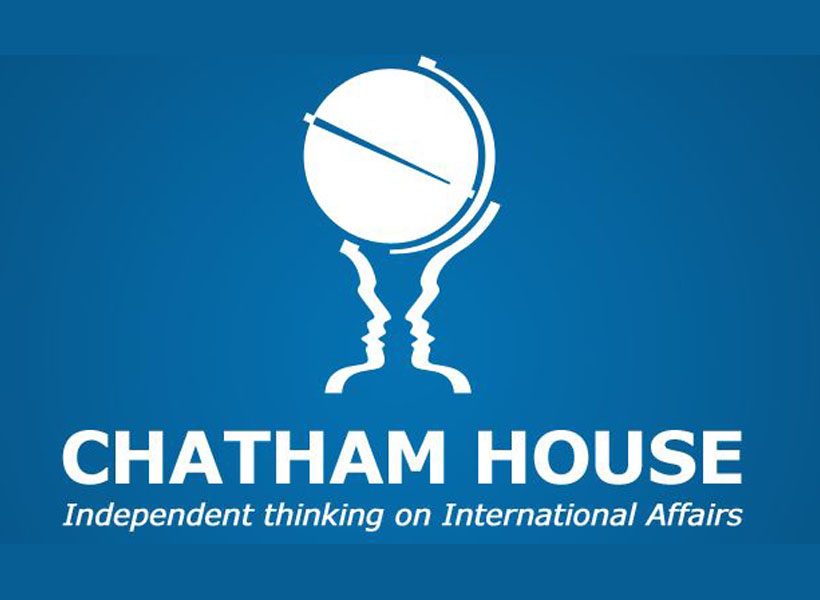As Guyana inches closer to the start of oil production, the prospect of a National Oil Company (NOC) seems quite attractive to many. But there are some major risks which must be considered in this equation.
This is according to Chatham House, an independent policy institute based in London.
In one of its reports documenting an oil and gas meeting here in Guyana last year, the Organization noted that one of the topics participants were keenly interested in was the attainability of a NOC.
Chatham House said that NOCs are important to emerging producers because they can be vehicles for developing technical and commercial skills in the petroleum sector, enabling countries to participate in the production of their natural resources.
It said that through state participation (equity stakes in licences that are held by the state or its representative agency); the NOC can potentially transfer benefits beyond petroleum revenues to the state.
Chatham House stressed however, that the net financial gain to the state depends very much on the efficiency of the NOC and the soundness of its commercial strategy.
It said, “Many Guyanese in our discussions were positive about the idea of having an NOC and felt the prospect of such an institution was an attractive one, which contained a powerful symbolic message regarding national ownership of the resource. But there are major risks to be considered.”
In this regard, Chatham House stressed that there is an opportunity cost to financing an NOC. It said that governments must consider whether funds would be better spent on other budgetary priorities such as vocational education to train Guyanese for jobs in the oil sector or going the route of funding such a prospect.
Along this line, Chatham House emphasized that financing an NOC can be difficult when it does not have equity stakes in producing licences that generate revenue. In Guyana’s case, the London-based entity said that the offshore acreage has already been awarded with no provision for an NOC stake.
As an aside, it said that minority equity stakes could feasibly be reserved for the NOC in acreage that is relinquished.
Another major risk which Chatham House believes requires consideration is the fact that Guyana would need to be ready to confront the likely rush of requests and favours that would follow the establishment of an NOC.
It said that in this respect, other producers have been clear that there would be a significant and sensible need to establish careful governance mechanisms to reduce the opportunity for nepotism and corruption.
Should the government decide to create an NOC, Chatham House said it should include the right of an NOC to minority equity stakes in future licences but work to establish the capacity of the regulator first. Also, when establishing an NOC, Chatham House said it is important to carefully delineate its mandates and ensure that it is affordable.











